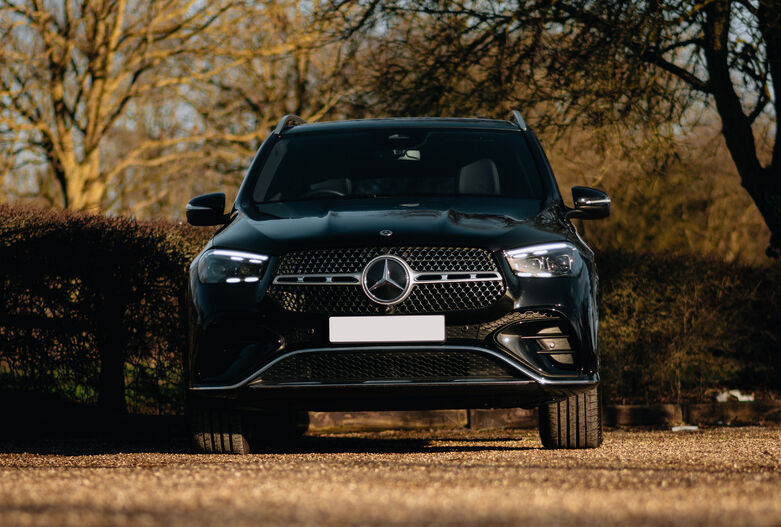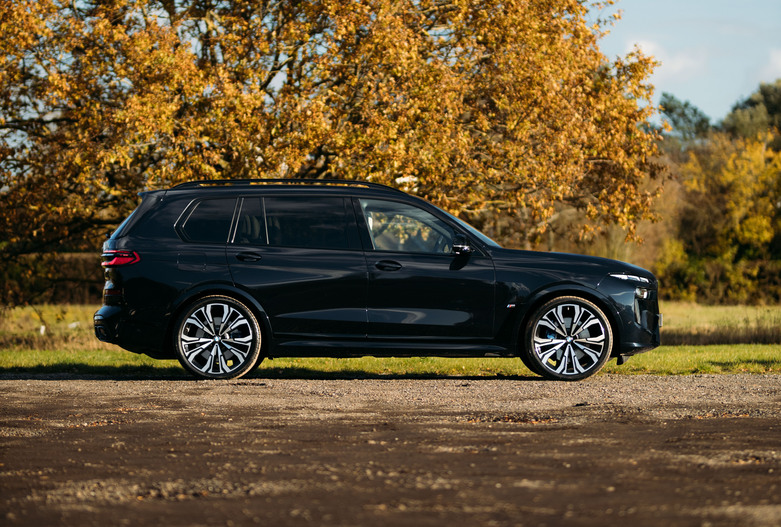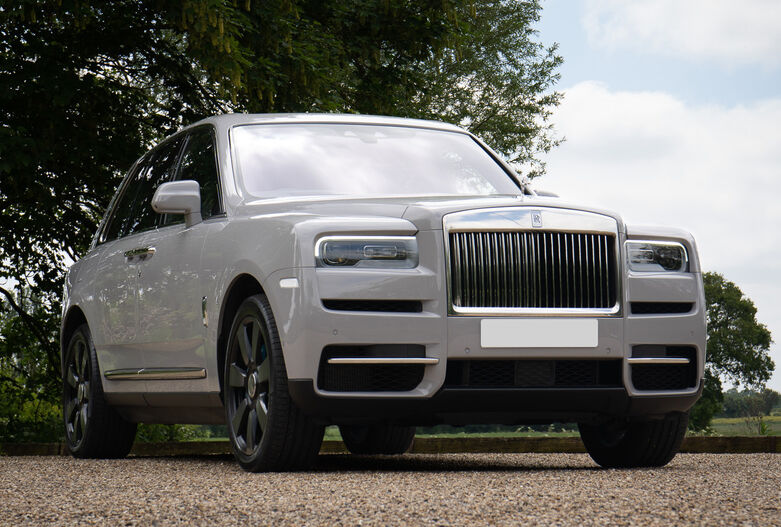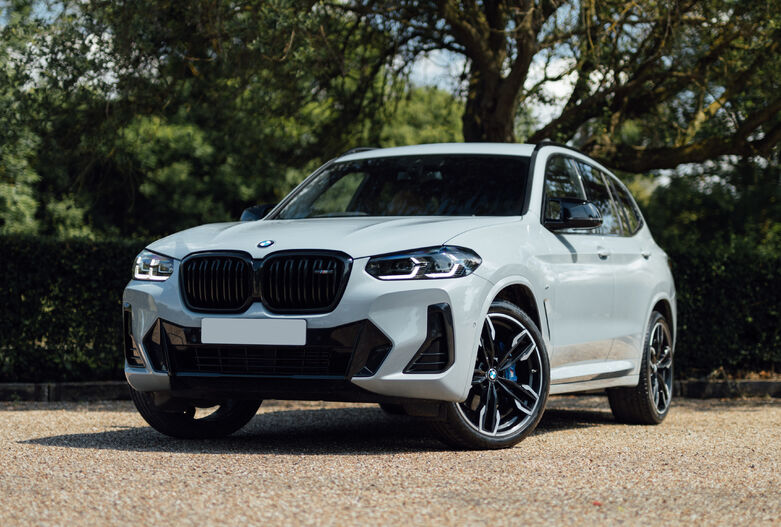In this Privacy Statement the terms, 'we' or 'us' means Forza Finance Limited (and/or the trading names Forza) registered in England and Wales 09949545 and Authorised and Regulated by the Financial Conduct Authority (FCA), number 743977.
Your privacy is important to us, and we are committed to keeping your information secure and managing it in accordance with our legal responsibilities under applicable data protection laws. We are registered with the UK Information Commissioner's Office (ICO) as a data controller under registration number ZA230877.
This Privacy Statement (together with our Cookie Policy, Website Terms and Conditions, the applicable information provided as part of an application process and product terms and conditions (if you apply for or purchase one of our products or we introduce you to a lender and any other documents referred to therein) sets out the basis upon which we will process personal information we collect from you when you apply for and/or express an interest in a product or service and during the provision of that product or service, or that you provide to us through www.forzafinance.co.uk ("Website") ,over the phone or through social media.
Please read this Privacy Statement carefully as it contains important information to help you understand our practices regarding any personal information that you give to us.
By accessing, browsing or otherwise using the Website you confirm that you have read and agree to this Privacy Statement. If you do not agree with any part of this Privacy Statement, you should not use the Website. If you are applying for one of our products or services online or by phone and do not agree with any part of this Privacy Statement, you should not continue with your application.
What Information We Collect
We may collect personal information (which means any information about an individual whose identity is apparent or can be reasonably ascertained from such information) from you in connection with a service or product provided to you by us, including: your name, address, telephone number, email address, date of birth, employment details (including income), details of expenditure, passport information, driving licence details, bank details, credit history, insurance details, information regarding your dependants, IP addresses, transaction and credit card information. Where you identify as a 'vulnerable customer' (i.e. if you, due to your personal circumstances or personal characteristics, are especially vulnerable to financial detriment), we will collect personal sensitive details regarding this (e.g. health information regarding a disability, illness or impairment) (See section of Sensitive Personal Data below for further details). Where information fields are marked as mandatory on any application form that you complete, you will need to provide such information in order for us to continue with your application.
How We Collect Your Information
We may collect information provided in connection with the following activities:
- If you apply for or purchase any product or service from us;
- Where you provide information to us on our Website, in writing or over the phone (including via call recording);
- If you register interest in a job vacancy, or a product and/or service, request information or assistance from us or make a complaint;
- Where information is provided to us from third parties including credit reference agencies, tax authorities, fraud prevention agencies, market information sharing databases, motor dealers, brokers and introducers; and
- If you use any other features of the Website that may be offered from time to time and may require such information in order to utilise the any features applicable.
Use of Your Information
Your information will be used by us in connection with the following purposes:
| Purpose | Description |
| Service Provision and Internal Processing | - To provide the product or service that you applied for;
- To allow us to consider and process your application and/or enable a third-party lender (from our carefully selected panel of lenders) to provide you with a suitable finance product or service tailored to your need;
- To evaluate risk in connection with the provision of finance in the event we process your application and agree suitable finance products through our lending panel, in particular credit and credit related services (including lending risks). For further information, see section below on Credit Checking and Automated Decision Making;
- To confirm, update and improve our customer records;
- To allow us to provide a quotation and process your application to enable a third-party insurer to provide you with a suitable insurance product or service tailored to your individual needs;
- To validate claims (i.e. to ensure that your account is not being used without your agreement) and to report on the performance of an account;
- To troubleshoot problems with the Website, or to customise your experience on the Website;
- To assess what forbearance options are appropriate if you are in financial difficulties;
- To recover debts / money which you owe to us;
- To provide you with any information on the products or services you have requested;
|
| Management of Relationship | - To manage, analyse, understand and develop your relationship with us;
- To inform you about improvements to the Website;
- To keep you informed of any of our other/new products and services and identify and market products and services that may be of interest to you, where you have chosen to be made aware of this, and to assist in any future applications to us;
- By submitting your contact details through any of our online forms, you consent to being contacted by us in connection with your enquiry, and to being contacted by us or our third-party marketing partners with information relevant to your original enquiry, using the details you have provided.
|
| Queries/Problems | - To respond to any queries or complaints that you raise;
- To inform you if an application you have started is incomplete;
|
| Training, Service Review and Statistics | - For training purposes and to enhance or review the service we provide or have provided to you;
- To conduct statistical analysis and research (where possible using anonymised data);
|
| Legal Obligations | - To prevent, investigate and prosecute crime, fraud and money laundering;
- For auditing purposes;
- If we are obliged to disclose information by reason of any law, regulation or court order;
- If we, or a fraud prevention agency, determine that you pose a fraud or money laundering risk, we may refuse to provide the services and financing you have requested, or to employ you, or we may stop providing existing services to you;
- A record of any fraud or money laundering risk will be retained by the fraud prevention agencies, and may result in others refusing to provide services, financing or employment to you. If you have any questions about this, please contact us on the details provided;
|
| General | - The personal data you have provided, we have collected from you, or we have received from third parties will be will be used to prevent fraud and money laundering, and to verify your identity;
- Both we and fraud prevention agencies may also enable law enforcement agencies to access and use your personal data to detect, investigate and prevent crime;
- To process your personal data on the basis that we have a legitimate interest in preventing fraud and money laundering, and to verify identity, in order to protect our business and to comply with laws that apply to us. Such processing is also a contractual requirement of the services or financing you have requested;
- Fraud prevention agencies can hold your personal data for different periods of time, and if you are considered to pose a fraud or money laundering risk, your data can be held for up to six years;
|
| Other | - To consider you for potential job opportunities where you complete a candidate registration form;
- To transfer information to any entity which may acquire rights in us;
- For any other purpose to which you agree;
|
How We Might Share Your Information
The third parties with whom we may need to share personal information to help us provide services and products to you and to run our Website are:
- Our subsidiaries or affiliates, for the purpose of managing our customer relationships, administering our business and to provide you with information about other products and services which might be of interest to you;
- Entities who may or do acquire any rights in us for the purpose of a business sale or reorganisation;
- Our advisors, for the purpose of assisting us to better manage, support or develop our business and comply with our legal and regulatory obligations;
- Service providers who need to know the information in order to provide us or you with a product or service (including our third-party service providers who process information on our behalf to help run some of our internal business operations including email distribution, electronic signature processing, storage of customer documentation, our HR careers portal, IT services, customer services and for data analytics (using anonymised data));
- Independent debt recovery agencies or service providers, tracing agents or investigators, solicitors or other agents for the purpose of collecting monies or assets due or outstanding on your account;
- Our partners including brokers, introducers, lenders and motor dealers we work with;
insurance providers, in the event that you apply for an insurance product, for the purposes of underwriting, processing, claim handling and fraud prevention; - Some of our insurance providers will use your personal information to assess your circumstances (including information about any other person who you want named on your policy) and verify the information that you have provided before providing a quote.
- You should be aware that insurance providers exchange information through various databases to help check information and to prevent fraudulent claims. Specifically, Insurance Database Services Limited (IDSL) hosts the Claims and Underwriting Exchange (CUE) which holds a record of incidents reported to insurance companies by policyholders and third-party claimants.
- In addition, insurance providers may use the Motor Insurance Anti-Fraud and Theft Register (MIAFTR), run by the Association of British Insurers (ABI), to verify your previous claims history. Please also note that the Police, the DVLA and DVLNI (Driving and Vehicle Licensing Authorities) as well as all UK regulated insurers have access to this database.
- Insurance providers also share data through the central No Claims Discount database and this may be used to verify your entitlement to NCD.
- Insurance providers may also use your driving licence number (or the driving licence number of any other person whose licence you have provided) to confirm your licence status, entitlement and other relevant restriction information, including endorsement and conviction history, with the DVLA or DVLNI
- Please be aware that any false or incorrect information provided may result in your insurance provider invalidating the quote you are given or may lead to your insurance policy being cancelled at a later date.
- Third party credit providers at your request where you have been unsuccessful in applying for personal lending services and/or product(s); in which case third party credit providers will become the relevant data controller;
- Credit and fraud agencies (including Call Credit, Equifax and Cifas) to help make decisions for:
- Credit and credit related services, and to manage your accounts;
- For motor related insurance proposals and validating claims (which may flag up whether you are linked financially to another individual); and
fraud prevention, debtor tracing, debt recovery, and to check your identity to prevent money laundering; - Law enforcement bodies in order to comply with any legal obligation or court order
Retention of Your Personal Information
The personal information that you provide will be retained by us in accordance with applicable laws. However, we will take reasonable steps to destroy or de-identify personal information we hold if it is no longer needed for the purposes set out above.
Sensitive Personal Data
Sensitive personal data includes information about an individual's health and other categories of personal information which are closely protected (e.g. criminal convictions). We do not generally process such information, unless you have voluntarily provided that information to us (for example, where you have notified us of a health issue that would mean you would be classed as a 'vulnerable customer' i.e. if you, due to your personal circumstances or personal characteristics, are especially vulnerable to financial detriment).
You agree that, to the extent that you have provided us with sensitive personal data, you provided it voluntarily and agree that we can use any sensitive personal data that you provide us to deliver products or services to you and/or determine your fitness to avail yourself of our products or services. Where possible we shall seek to minimise the collection and use of such sensitive personal data.
Credit Checking and Automated Decision Making
We carry out identification and verification and anti-money laundering checks when you apply for any of our products and/or services. We carry out bankruptcy checks on powers of attorney. In addition, should you apply for a credit product (and at any time whilst you are a customer), we may use a credit scoring system and may search your records, including fraud prevention databases at credit reference agencies. We will monitor and record information relating to your credit performance and such records may be shared with credit reference agencies in order to assess future applications for credit by you or other members of your household and for fraud prevention. Any searches will be recorded by the credit reference agencies and will be seen by other organisations making later searches. Any information you disclose that is false or inaccurate will also be recorded by the credit reference agency.
Whenever fraud prevention agencies transfer your personal data outside of the European Economic Area, they impose contractual obligations on the recipients of that data to protect your personal data to the standard required in the European Economic Area. They may also require the recipient to subscribe to ‘international frameworks’ intended to enable secure data sharing.
Credit scoring is an automated decision. The decision on the provision of credit provided by one of our lenders is subject to the use of credit scoring, however is also subject to a manual assessment, however if we were to reject your application solely on the basis of a credit scoring system, you can request human intervention and ask us to reconsider your application.
Third Party Websites
This website may contain links to other websites. We accept no responsibility or liability for the content of other websites which are not under our strict control, in particular, we are not responsible for the protection and privacy of any information which you provide whilst visiting other websites and such sites are not governed by our Privacy Statement. Please see section titled 'Access to Website' in our Website Terms and Conditions for further details.
Email
Emails sent via the internet can be subject to interception, loss or possible alteration, therefore we cannot guarantee their security. Although we will do our best to protect your personal information, we cannot guarantee the security of your data sent by email and therefore will have no liability to you for any damages or other costs in relation to emails sent by you to us via the internet. If you would like to contact us, please see the section below or use our contact us page.
Children's Privacy
It is highly unlikely that we will target particular products at a different age group, the Website is not intended for use by individuals under the age of 18 without the agreement and involvement of a parent or guardian. We do not knowingly collect personal information from individuals under the age of 18.
Keeping Your Information Secure
We invest appropriate resources to protect your personal information, from loss, misuse, unauthorised access, modification or disclosure. However, no internet-based site can be 100% secure and we cannot be held responsible for unauthorised or unintended access that is beyond our control.
Updates
We will keep this Privacy Statement under review and make updates from time to time. Any changes to this Privacy Statement will be posted on this page, so please review the Website periodically for changes. If you do not accept the amended Privacy Statement, you should stop using the Website; this may affect our ability to provide certain products and services to you. Please see the section regarding Your Rights for further information regarding continued processing.
Cookies
Our website uses cookies (including Google Analytics cookies to obtain an overall view of visitor habits and visitor volumes to our Website). To view more information on what cookies we use and how we use them please review our separate Cookie Policy.
Security of your Personal Information
No method of safeguarding information is 100% secure. Forza Finance uses a variety of security technologies and procedures to help protect your personal information from unauthorised access, use or disclosure. Forza Finance secures the personally identifiable information you provide on computer servers in a controlled, secure environment, protected from unauthorised access, use or disclosure. When personal information (such as a credit card number) is transmitted to other websites, it is protected through the use of encryption, such as the Secure Socket Layer (SSL) protocol.
Your Rights
You have the right to request copies of certain of your personal information within our custody and control and details of how we use that information. If you think any of the personal information we hold about you is inaccurate, you may also request it is corrected or erased. You also have a right, in certain circumstances, to require us to stop processing your personal information and/or to withdraw your agreement to processing based on 'consent', but this does not apply where we have other legal justifications to continue processing your data or an overriding legitimate interest (i.e. where processing is necessary for the performance of a contract).
In relation to all of these rights, please write to us at the address below. Please note that we may request proof of identity.
Complaints Process
If you have a complaint about how we have handled your personal information you may contact us using the details below and we will investigate your complaint. You also have the right to lodge a complaint with a supervisory authority (i.e. the ICO) once you have tried to resolve the issue with us.
Contact Us
If you have any questions about this Privacy Statement, or you think we have incorrect information or you would like a copy of the personal information we hold about you, you may request details. Your question/request should be made in writing to:
Legal Advisor
Forza Finance Limited
Westway
Chelmsford
CM1 3BH
Telephone queries can be made to: 01245 245678




